To Break Bread, We Need Water
Throughout the country, those who grow our food are grappling with water in changing climate.
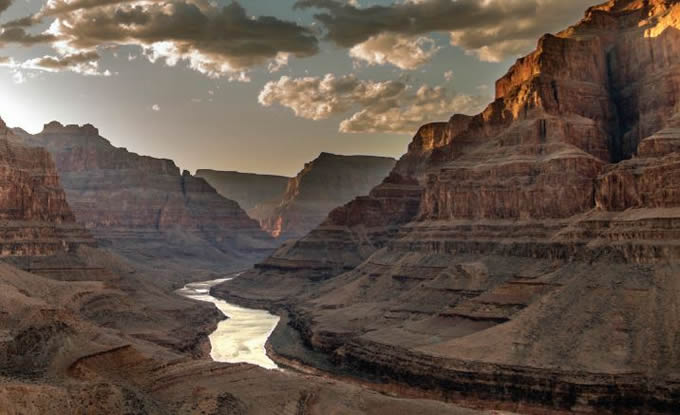
Water connects us across generations, cultures, geographies. And, though we may often forget, water also connects us across tables. We need water. Food, needs water. The production of one apple requires 18 gallons. A 1/3-pound hamburger is 660 gallons of water in the making. One slice of bread takes 11. (Source) Trace those vital drops back to the store, the trucks, the fields. Trace them back far enough and, almost inevitably, you will wind up at a river.
Throughout the country, producers of our food are grappling with the impacts of warming temperatures, back-to-back drought, and increasing demand on over-allocated resources, squaring up against the harsh reality that land is worthless without water.
But as is often the case, scarcity in this way also drives innovation. People who do the hard and beautiful work of growing food for their communities, and for the world, are some of the first to imagine what a new relationship to our food, and the water and rivers we need to grow it, might look like.
SONORA RISING

Water is life. And bread is a living food. In the Sonoran Desert of Tucson, Arizona, third-generation farmer Brian Wong and Don Guerra of Barrio Bread work closely with the director of Tucson Water to imagine, and realize, a sustainable circle for growing heritage, heat-tolerant wheat; producing, selling, and educating local communities about their food; and using a model of recharge and recovery to improve the long-term sustainability of a thriving city in the Sonoran desert.
LECHE Y MIEL (MILK & HONEY)

People who grow food for the nation rely deeply on water from the Lower Colorado River to fuel and feed their faith, their families, and the livelihoods they build cultivating the country’s primary source of salad. The future of America’s Most Endangered River® of 2017 is also the future of the people who live and work in Yuma, Arizona, and the need to protect it is imminent.
ALICE’S GARDEN

In Milwaukee, Venice Williams works through a community garden to reconcile a complicated relationship with the Milwaukee River. The 2-acre farm where Williams works is called Alice’s Garden, and it was a critical stop for the underground railroad. Though the Milwaukee River once provided refuge and life and nourishment, disguising the scent of freedom seekers on the run and quenching thirst, it has also been a place of segregation and divide, welcoming people with means on river paths and excluding others. Using food and the water it needs to educate and connect people, Williams builds bridges back to a tradition of growing food, and to a future where the river is as vital, and as shared, as ever.
WALT

For decades, Walt Shubin has tracked the weather, rainfall, and the level of his well on his raisin farm near Fresno, California. Between 2005 and 2014, that well has dropped 19 feet. In the final nine months of 2014, it dropped another 19 feet. Walking the dry river banks of the once “mighty San Joaquin”, Walt contemplates a future of farming without the aquifer, and the free-flowing river so critical to its existence.
A RIVER’S RECKONING
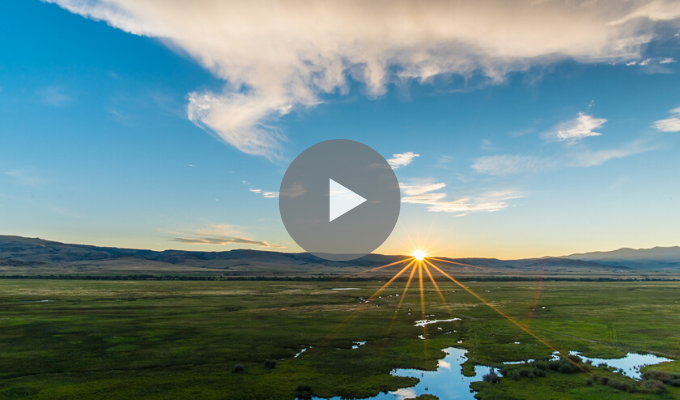
Paul Bruchez was guiding a fishing trip when the river literally dropped before his eyes. And while his clients were on his mind, it was his families’ 5th generation roots in agriculture and their dependence on the river, that came into sharp focus. Water weaves its way through the Bruchez family, and the Upper Colorado River they rely on is the pulse and breath of the valley they call home. But changes in conservation weren’t happening fast enough, and the problem of water shortages isn’t one that the Bruchez family could solve alone—it spanned the miles-long reach of the river. This realization spawns a unique coming together of producers working to redefine the relationship between the river, and the food families living along its banks work to produce.
***
Through these and other films, American Rivers works to find and share the stories that dissolve barriers and bring us together to break bread, if we’re lucky, at the river’s edge.
Page Buono is a creative writer working with the Colorado Basin team to tell important stories about rivers across the Southwest. She has a B.A. in Environmental Journalism and Spanish from Western Washington University and an MFA in nonfiction writing from the University of Arizona.

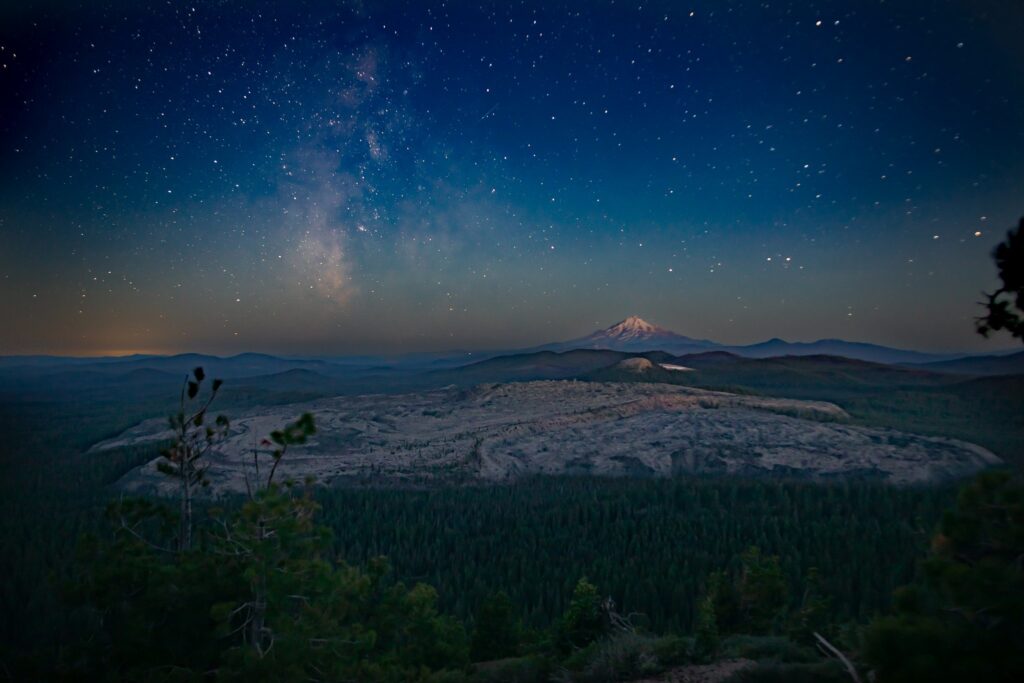
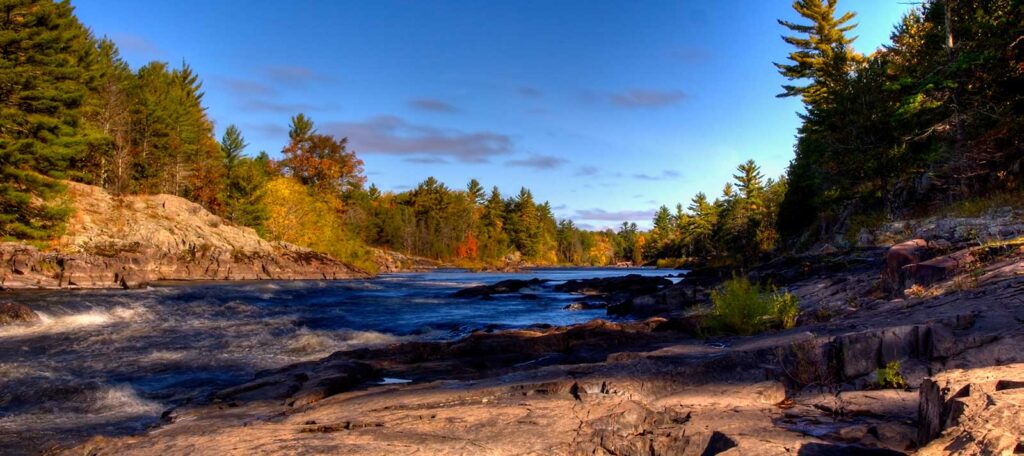
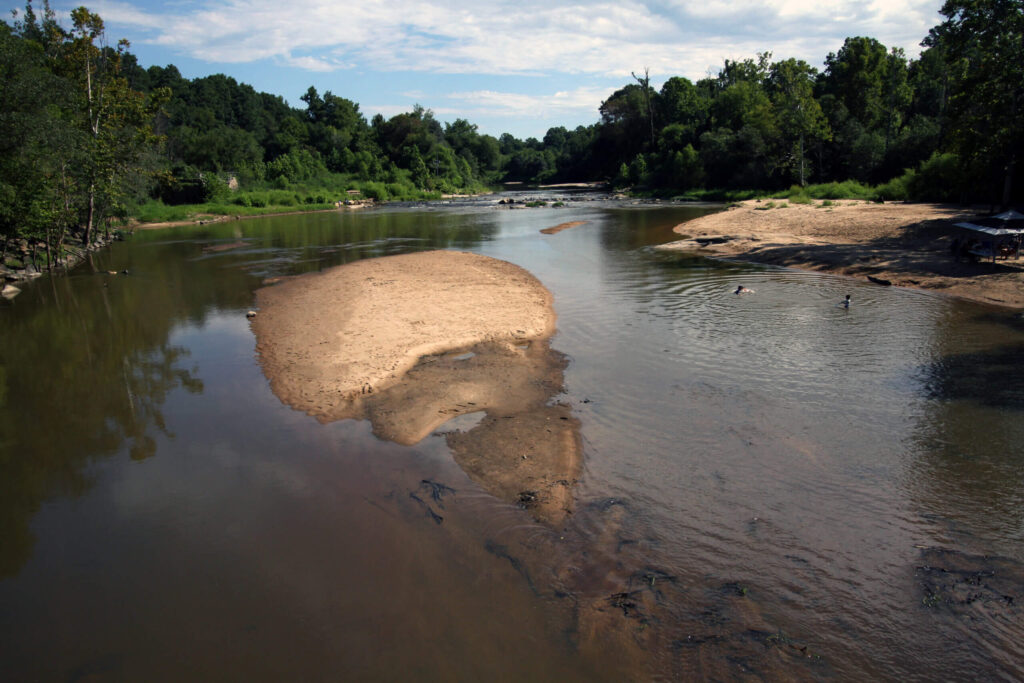
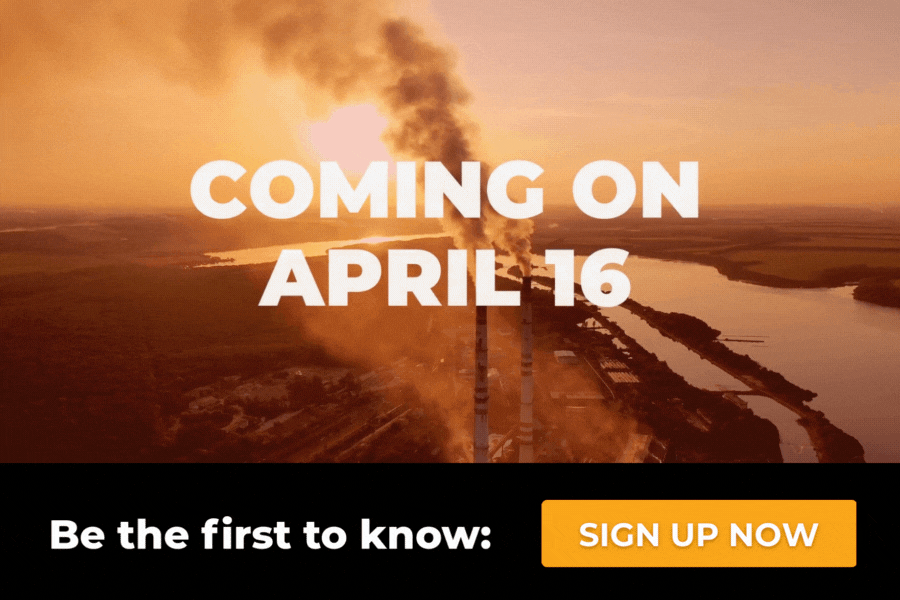
2 responses to “To Break Bread, We Need Water”
Nolan, we would suggest reaching out to our partners at the Alabama Rivers Alliance or the Mobile Baykeepers.
Love this article. Who is available in south Alabama to give a talk about rivers for our Baldwin Writers Group at the Daphne Library?